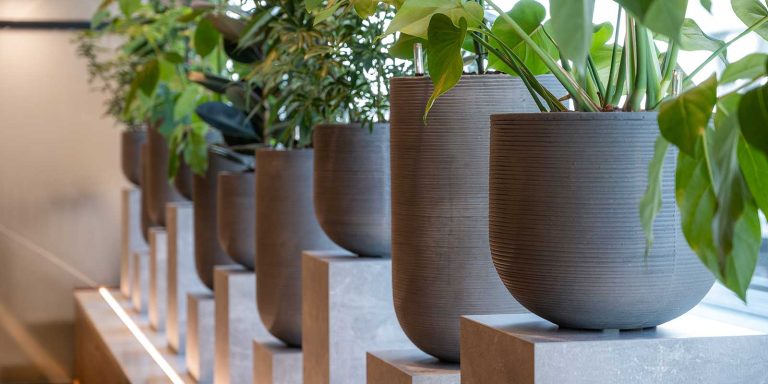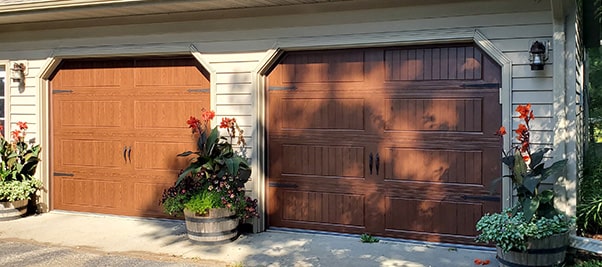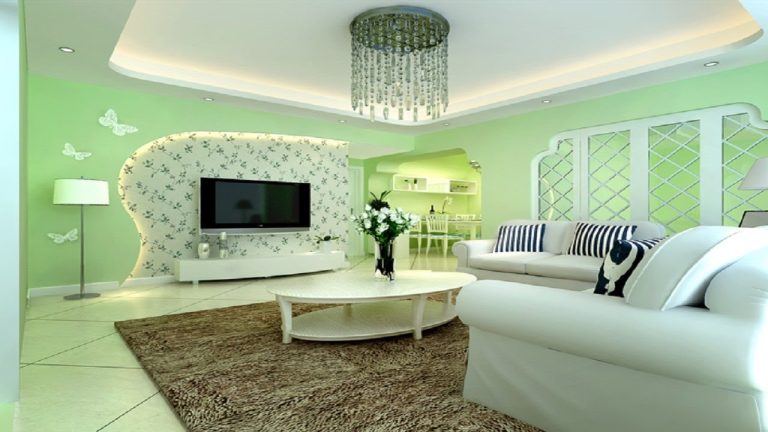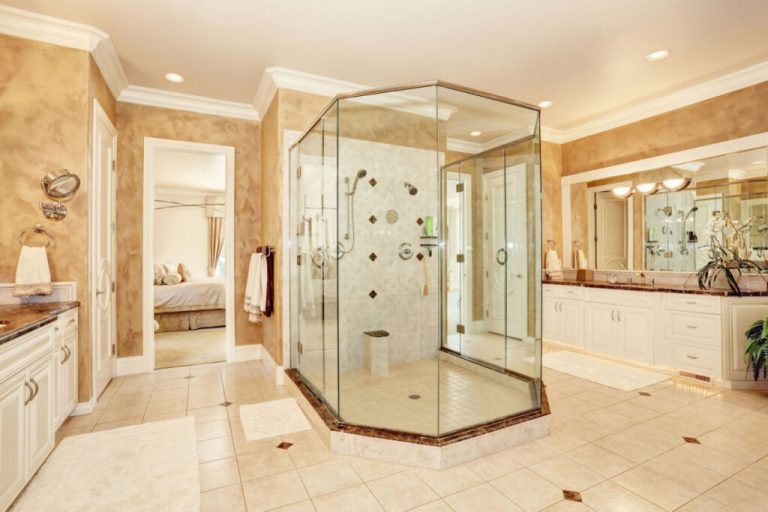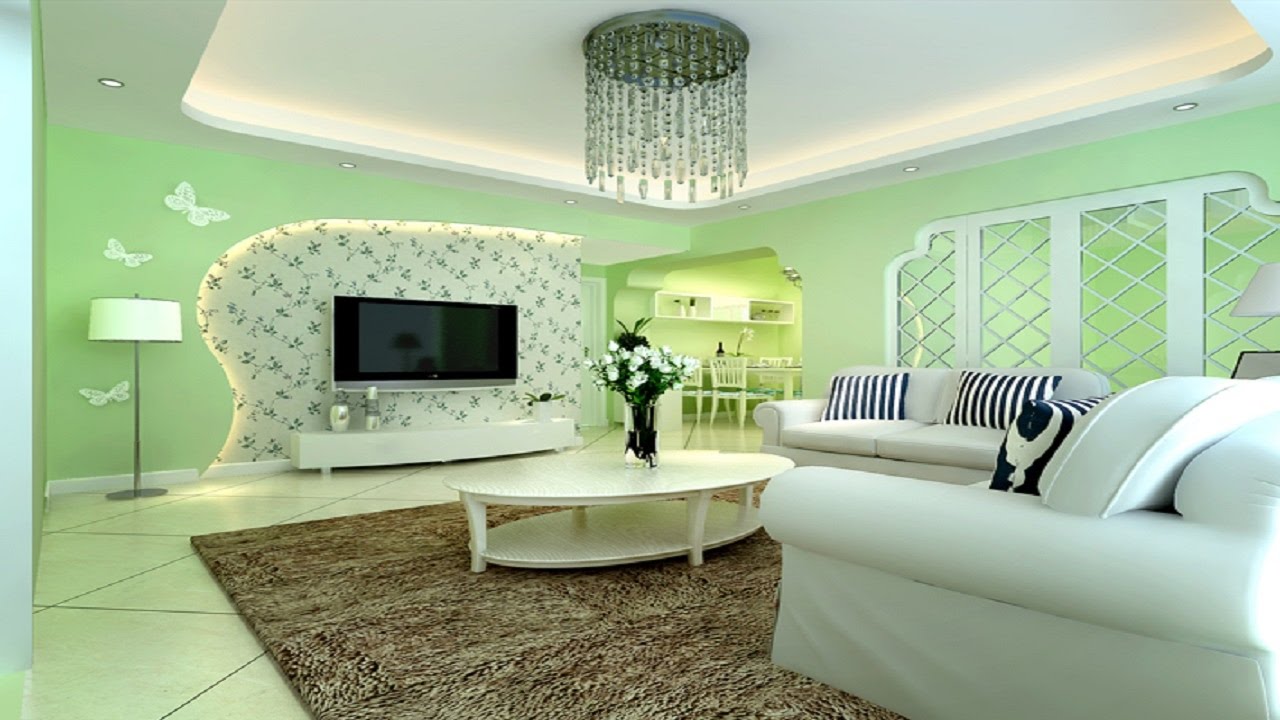
Turning a house into a home is one of life’s most exciting projects, but also one of the most overwhelming. From choosing colour schemes to deciding where the sofa should go, every choice can start to feel like a big one. That’s where home interior design services come in.
For many homeowners, especially first-timers, hiring an interior designer might seem like a luxury. But the truth is, it can make the entire experience smoother, more enjoyable, and often, more cost-effective in the long run.
What Do Interior Designers Actually Do?
Interior designers don’t just choose paint colours and scatter cushions. Their job is to create functional, beautiful, and liveable spaces that reflect your lifestyle, taste, and budget.
Some of the tasks they handle include:
- Space planning (how each room functions and flows)
- Colour coordination
- Lighting design
- Furniture selection and layout
- Custom cabinetry and built-in features
- Material sourcing (flooring, tiles, wallpaper, etc.)
- Project coordination with contractors and suppliers
They combine creative ideas with practical problem-solving, which is especially valuable in homes with awkward layouts, limited space, or renovation restrictions — all quite common in urban areas like Johor Bahru.
The Difference Between an Interior Designer and a Renovation Contractor
It’s easy to confuse the two, but their roles are quite different.
- An interior designer focuses on aesthetics, space planning, and the overall experience of the space. They’ll help bring your vision to life and ensure it all works harmoniously.
- A renovation contractor focuses on construction — knocking down walls, wiring, plumbing, tiling, and building what’s been planned.
Think of the interior designer as the person who imagines and plans the space, and the contractor as the person who builds it.
In most cases, the two work hand in hand. Some designers even offer full-service solutions that include both the design and the build.
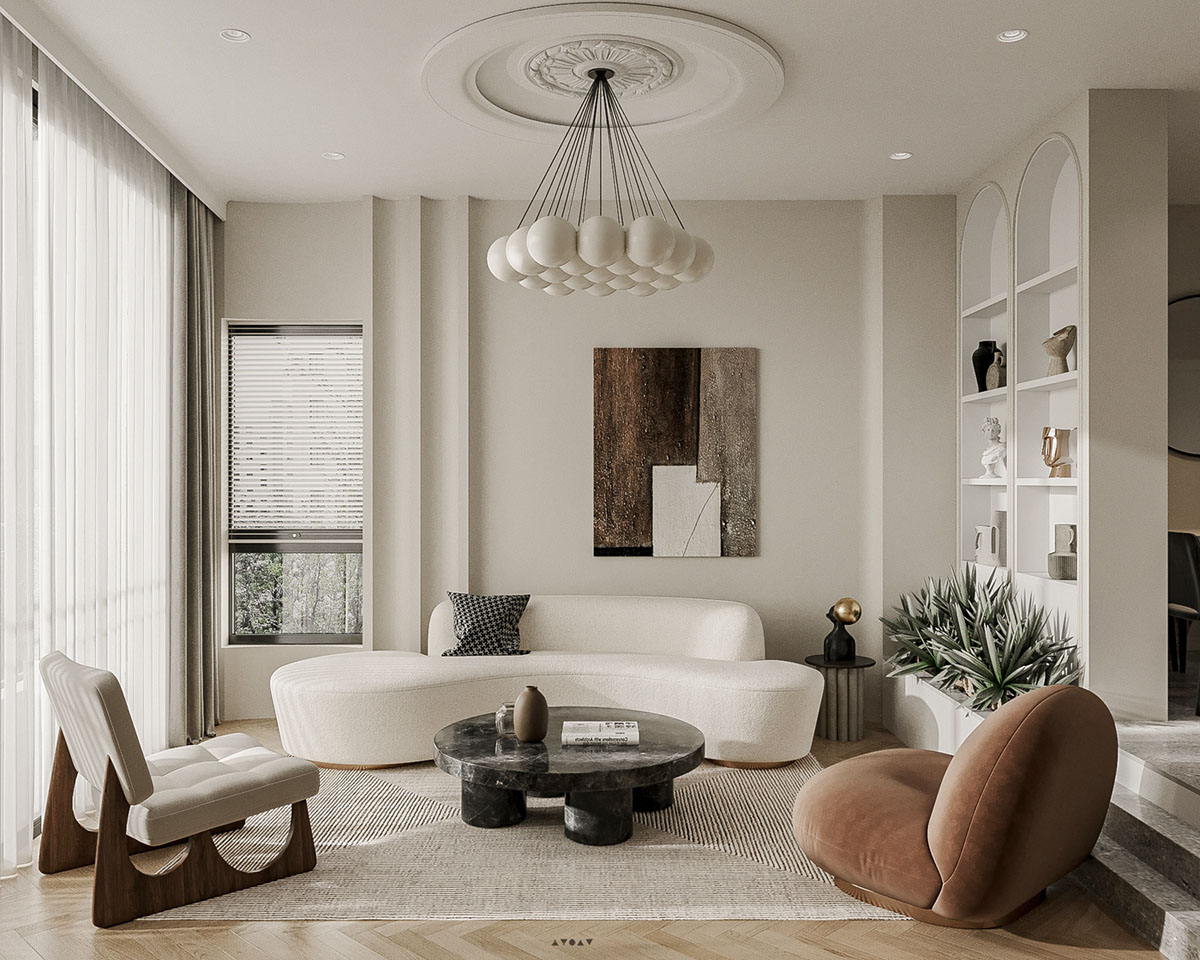
Types of Interior Design Services Available
Interior design isn’t one-size-fits-all. Most professionals offer different service options depending on your needs and budget:
1. Full-Service Interior Design
This is the most comprehensive option. The designer handles every stage of the project — from initial concept to final installation — and often coordinates with contractors, carpenters, and suppliers on your behalf.
Best for: Major renovations or new home projects.
2. Design Consultation Only
This involves a few sessions where you get expert advice and recommendations, but you manage the project yourself afterwards.
Best for: Homeowners who want guidance but prefer to handle the execution independently.
3. Styling and Furnishing Services
Here, the focus is on choosing and placing furniture, lighting, accessories, and art, rather than structural changes.
Best for: New homeowners moving into a finished space who want help making it feel complete.
4. Online or Virtual Design Services
Some designers offer remote services, where you send in measurements, photos, and preferences, and receive a customised design plan digitally.
Best for: Smaller budgets or DIY-leaning homeowners who still want professional input.
How the Design Process Typically Works
While every firm is slightly different, most interior design projects follow these general steps:
1. Initial Consultation
This is where you talk about your goals, preferences, lifestyle, and budget. Designers may ask about how you live, what you like (and don’t like), and the timeline you’re working with.
2. Concept Development
Based on your input, the designer creates a proposed look, often including mood boards, sketches, or digital renderings.
3. Planning and Sourcing
Once the concept is approved, it’s time to get practical: selecting finishes, furniture, materials, and suppliers. Measurements are taken, budgets are reviewed, and timelines are set.
4. Execution
Depending on the service level, the designer may oversee contractors, handle deliveries, troubleshoot issues, and ensure the design is implemented properly.
5. Final Touches
Styling, lighting adjustments, artwork placement — all the little details that bring the space together.
Why Working with a Designer Can Actually Save You Time (and Money)
Many people assume hiring an interior designer will make things more expensive. But when managed well, it can actually lead to cost savings and definitely fewer headaches.
Here’s how:
- Avoiding costly mistakes (e.g. buying a sofa that doesn’t fit)
- Getting access to trade discounts and insider pricing
- Clearer budgeting and scheduling from the start
- Making informed choices that reduce long-term maintenance
A designer’s experience also means better use of space — something especially valuable in compact homes or condos, which are increasingly common in places like Johor Bahru’s growing residential areas.
You Don’t Need to Have a “Style” Figured Out
Many homeowners hesitate to call a designer because they don’t know what style they want. But part of the designer’s role is to help discover it through conversations, inspirational images, and understanding how the space will be used.
You may be drawn to Scandinavian simplicity, modern minimalism, or even tropical resort vibes — and that’s okay. A good designer will help you refine your preferences and create a space that reflects you, not just a trend.
Final Thoughts
Designing your dream home can feel overwhelming, especially with so many decisions to make. But you don’t have to figure it all out on your own.
Interior design services offer more than just visual appeal — they bring structure to the process, help avoid costly mistakes, and ensure your home is not only beautiful but truly liveable.
Be it furnishing a brand-new apartment or breathing life into an older terrace house, working with a designer can make the journey smoother — and the results far more rewarding.
After all, your home should be more than just a nice place to look at. It should feel like yours.

